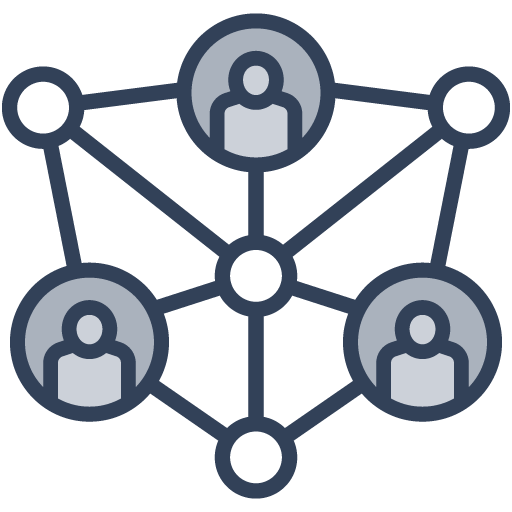Computational Social Science
With an explosion of data in every aspect of our social and economic activities, we can leverage advanced data analytic techniques and technologies to measure and understand human behaviour with a precision that was largely impossible back then.
Researchers working on this research area aspire to apply scalable computational tools to collect and analyse large demographic, behavioural, and networked data to better understand humans at the micro level and society at the macro level. The concerted goal is to uncover patterns, infer causality, and deduce insights into individual and collective human behaviour.
What We Do

Produce strategic and translational models, frameworks, and guidelines that offer systematic approaches to managing social changes and dynamics.

Develop scalable computational models and tools to aid researchers in analysing complex social phenomena.

Develop and evaluate the efficacy of technological interventions in addressing social challenges.
Sub Areas
- Fairness and Equality
- Message Modality and Effectiveness
- Misinformation and the Spread of Information
- Social Differences and Mobility
- Social Interaction and Peer Influence in Activity-Based Communities
- Technology-Induced Social Changes
Our Research Projects

The Value of Social Connection and Trust in Online Societies
This project investigates trust's role in bridging online divides and boosting social commerce. It investigates empathy's impact on polarization and analyzes data to understand trust's societal and economic benefits, aiming to inform strategies for combating online tribalism.

The “Other Me”: Human-Centered AI Assistance In Situ
We propose an integrative program of fundamental research towards a vision in which every human will have an AI assistant for daily life and work. Our overall aim is to build conceptual understanding of human-AI collaboration, to develop representations, models, and algorithms for situated assistance, and to integrate them in an experimental device platform for evaluation.
- Message Modality and Effectiveness

Investigation on Digital Platforms and Human-machine Co-behavior Through AI, Empirical and Experimental Methods
This proposal investigates the impact of digital technologies on consumer behavior across e-commerce and social media platforms. Focusing on voice AI in shopping, filter bubbles in recommender systems, and social features affecting search volume, the project aims to provide valuable insights and address key questions in these domains.
- Technology-Induced Social Changes

Enhancing Student Engagement in Online Learning: A Design Science Approach
Online learning gained traction during the pandemic and is expected to stay for its resilience in crisis. While blended learning is promising, student engagement remains a challenge. This project targets the issue by developing a comprehensive engagement measure, an interactive dashboard for data visualization, and diverse instructor interventions to improve student engagement in blended learning.
- Technology-Induced Social Changes

Information Structure Design and Social Learning when Facing Information Manipulation
Addressing the surge in fake information dissemination on e-commerce and social media platforms, the project aims to explore optimal information structures to combat issues such as fake orders, reviews, and misinformation.
- Misinformation and the Spread of Information

Digitalization of Healthcare Services
The healthcare sector is undergoing a major digital transformation due to rapidly changing demographic populations. This project examines the design, implementation, and usage of digital technology among healthcare workers in hospital settings.

Toward Cyber-Organizations: AI-enabled Organizational Decision-Making and Organizational Learning
Artificial intelligence (AI) is poised to transform organizational decision-making and talent cultivation processes, giving rise to what we term "cyber-organizations" where human and AI jointly work to enable computationally intensive operations and management. This project investigates the impact of AI at the individual and organizational levels, and from both short- and long-term perspectives.
- Technology-Induced Social Changes
Our Research Groups

Garbage Can Lab
The Garbage Can Lab (https://garbcan.com/) conducts research focused on better understanding today's complex socio-technical world and developing solutions that create impact. Inspired by the Garbage Can Model of Organizational Choice (Cohen et al. 1972), our research group can best be described as an organized anarchy with problematic preferences, unclear technology and fluid participation.
